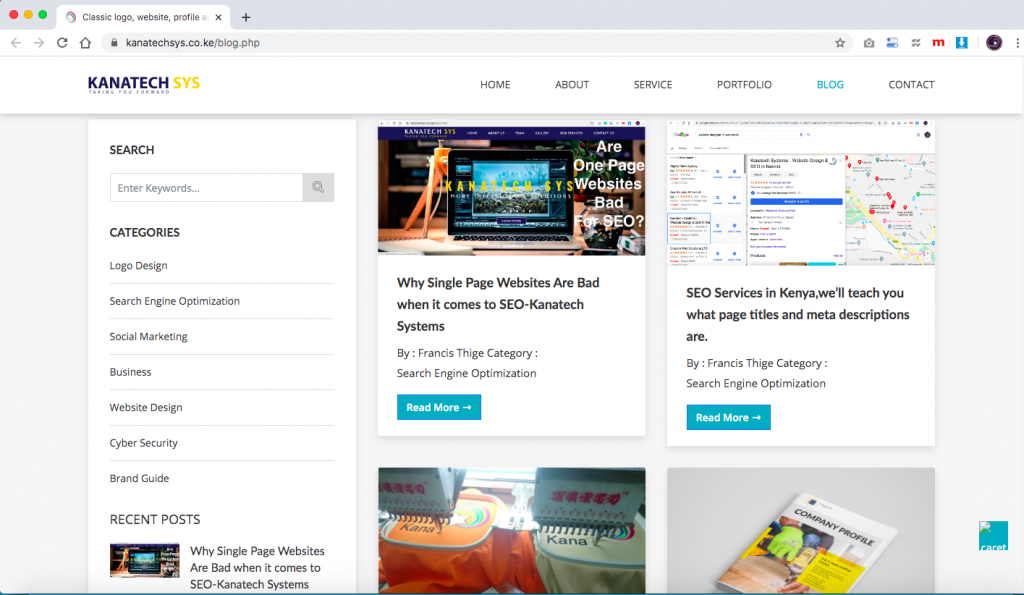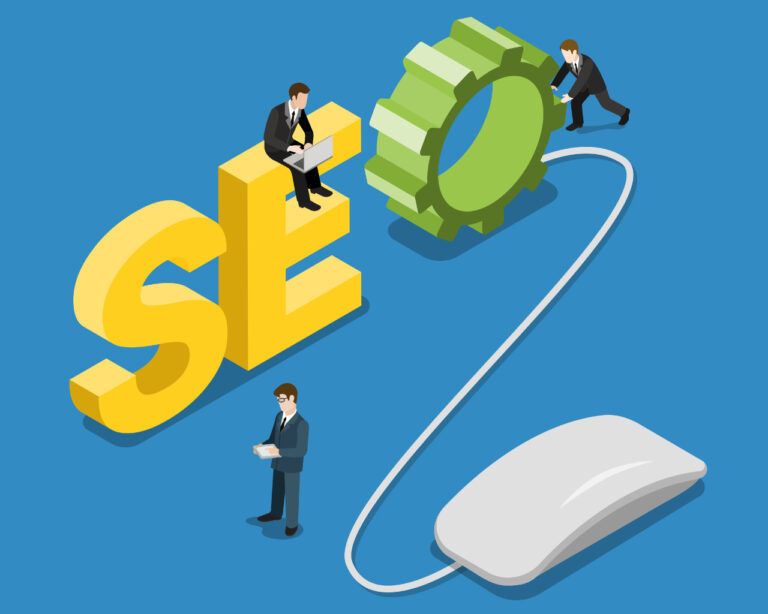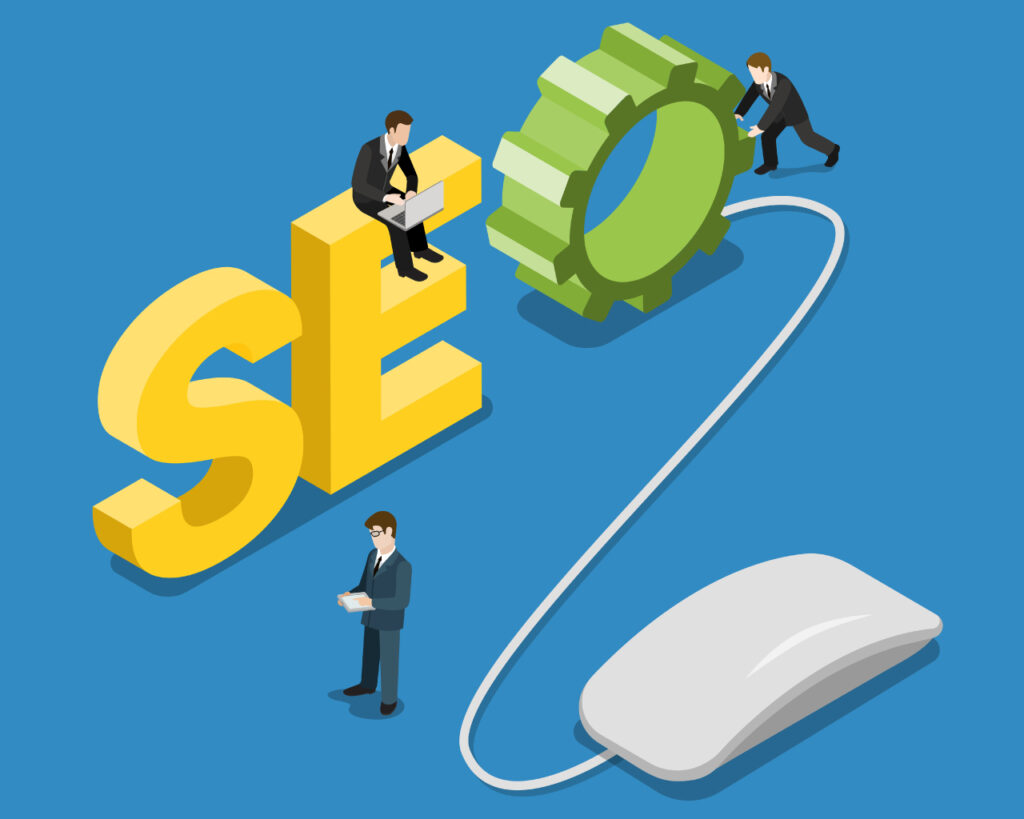A single-page website is websites that have a single/one HTML page.
This means that all the information about the site can be reached on a single page, where you scroll down to the relevant part of the page.
While this may seem like a good thing, and it is to some website owners and users, single-page websites do have their drawbacks, which are listed below:
(a) Keyword limitation
One of the most significant impediments to single page websites is keyword ranking. SEO, which stands for Search Engine Optimization, relies heavily on keywords, and any website page can most times, be only optimized for a single phrase.
(b) Lack of specific content
Single page websites are also generally harder to find specific content, as there isn’t space or possibility to create a separate page for each topic; everything has to be shown on a single page.
Affordable bespoke web design for your business. Our service is provided by a team of talented, experienced and professional web designers. @KanaTech_Sys we do not outsource. https://t.co/RZgFJrBZfN 👇 pic.twitter.com/FNcslLPCH6
— KanaTech Systems (@KanaTech_Sys) May 14, 2020
(c) Lack of Links
SEO favor sites with enough links, both internal and external links. Single page websites are limited in their ability to include many internal links, as the website consists of only one webpage.
Key Takeaway
Multi-Page websites are more SEO friendly as they are more flexible, can contain more content, should you wish to have them, and can reach a wider audience.
















